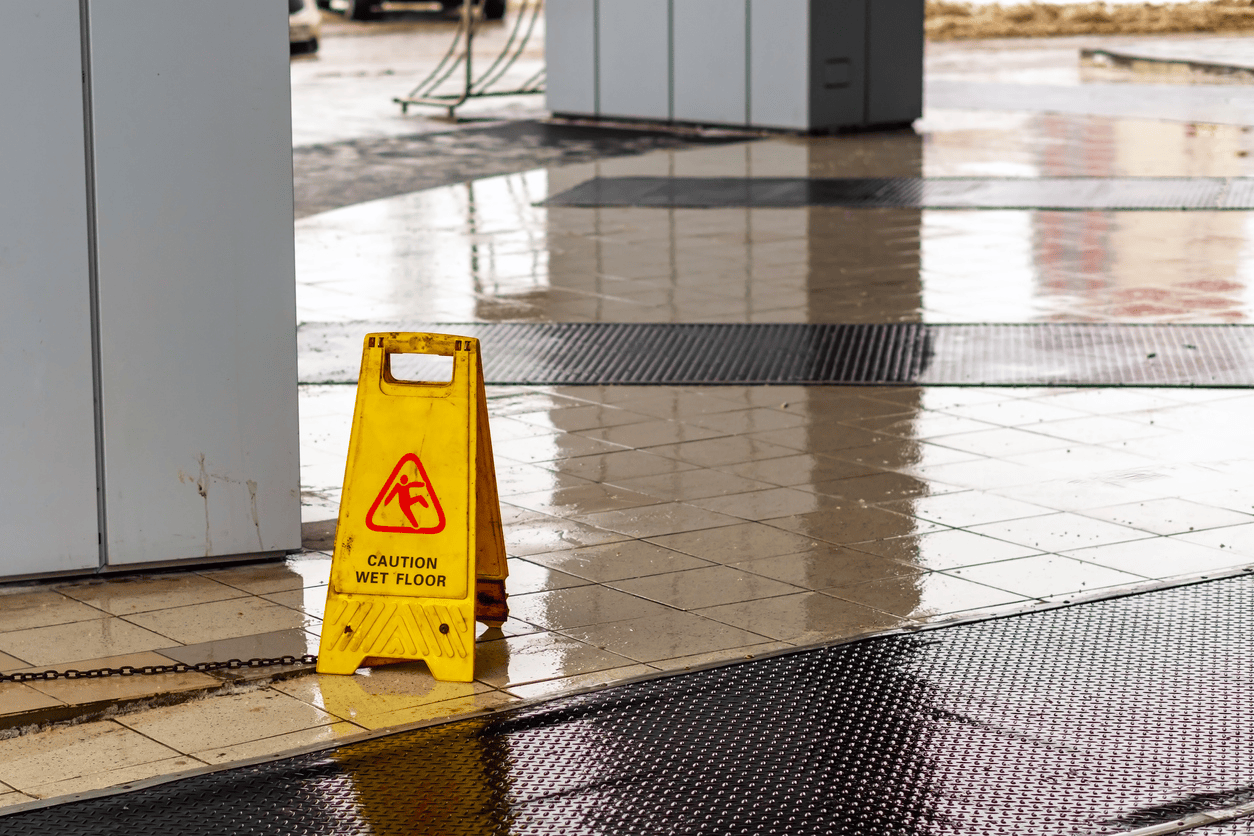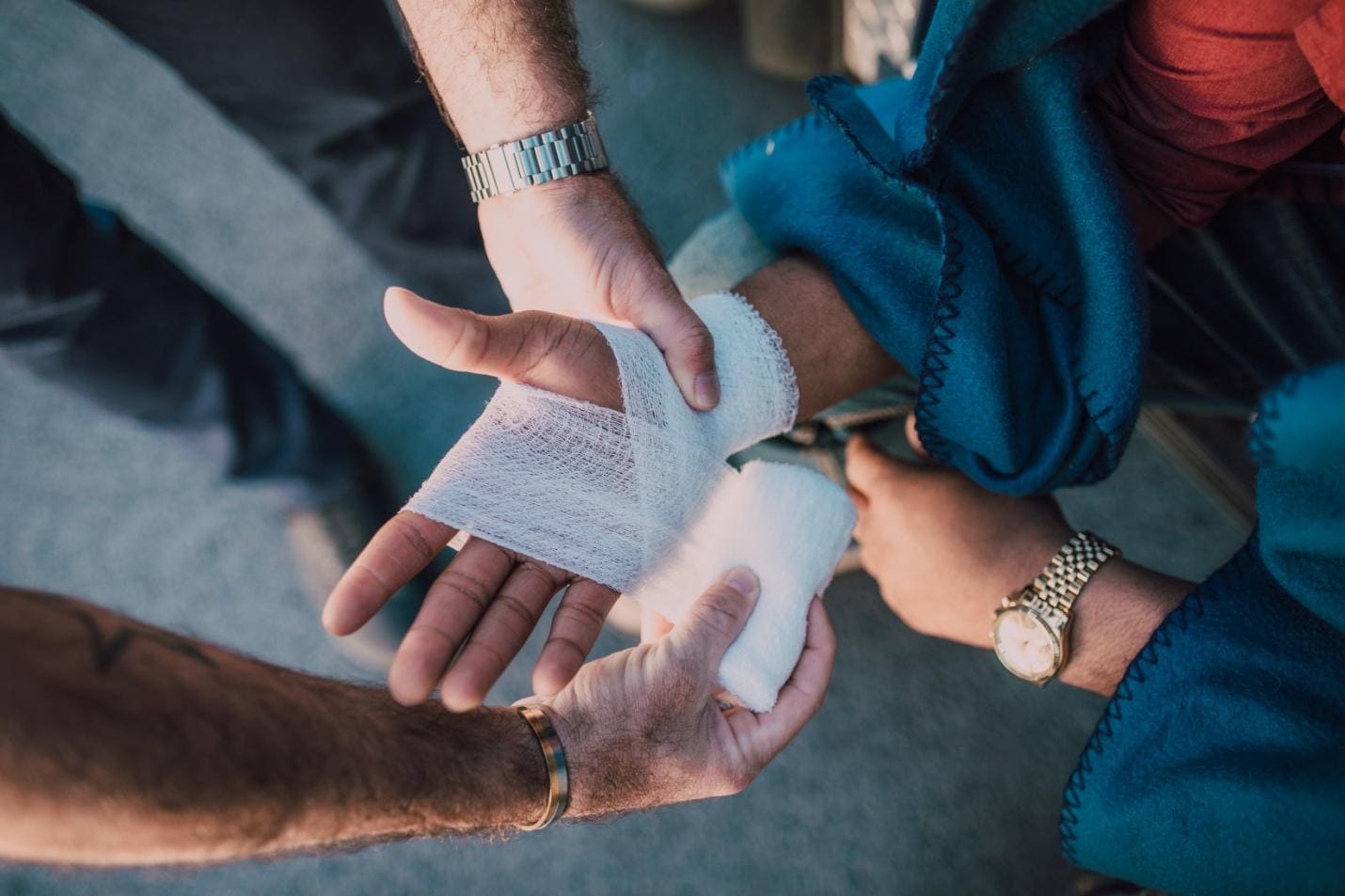
You’re driving down a familiar road when your car suddenly jolts. You lose control and crash into the guardrail. The accident scene is chaotic. Was it your fault? Or did a deep pothole, missing road signs, or an unmarked construction zone cause it? Many drivers in similar situations ask a critical question: Can you hold the city liable for accidents caused by unsafe road conditions?
The short answer is yes, under specific conditions. Government agencies have a legal duty to maintain safe roads. When they fail and serious accidents happen, victims may have the right to seek compensation.
This article explains when and how you can bring a personal injury case against a city or government agency, what legal protections exist, and how to gather strong evidence to recover compensation for injuries, medical expenses, lost wages, and more.
What Qualifies as a Dangerous Road Condition?
A road hazard is any defect or situation that makes driving unsafe. In many cases, these hazards, not other drivers, are the true cause of accidents.
Common examples include:
- Deep potholes and crumbling pavement edges
- Missing or inadequate signage
- Poorly marked construction areas
- Flooding from clogged drainage systems
- Poor or no lighting at night
- Improperly placed cones or barriers
When neglect causes these dangerous conditions, victims may file a personal injury claim to seek justice.
When Can You File a Personal Injury Case Against the Government?
You can file a lawsuit against a city or government agency, but it comes with strict rules. Sovereign immunity protects government entities in many cases, but most states allow exceptions for negligence.
To win a claim, you must prove:
- A hazardous condition existed
- The government knew (or should have known) about it
- The agency failed to fix it within a reasonable time
- The accident caused your injuries or property damage
Evidence That Strengthens Government Liability Claims
You need solid evidence to hold a government agency accountable.
Key evidence includes:
- Police report: Confirms incident location and conditions
- Accident photos: Show road defects and hazards
- Witness statements: Support your account
- Medical records: Link injuries directly to the accident
- Maintenance records: Reveal whether the city had prior notice
- Past complaints or reports: Show a pattern of neglect
Thorough documentation can make or break a claim against a government entity.
Common Damages You Can Claim
A crash caused by unsafe roads can do more than wreck your car. It may leave you with serious injuries, missed work, and long-term financial stress.
You may recover:
- Medical expenses (hospital stays, surgeries, medications)
- Lost wages or income due to missed work
- Rehabilitation and physical therapy costs
- Property damage
- Non-economic damages like pain, suffering, and emotional trauma
In severe cases, the financial and emotional burden can be overwhelming. Seeking compensation isn’t just a right—it’s a necessity.
Challenges in Holding Government Entities Accountable
Filing a claim against a city or state agency is more complex than suing a private party.
You’ll face challenges such as:
- Sovereign immunity laws
- Strict deadlines (often 30–180 days from the accident)
- A higher burden of proof to show government responsibility
Missed deadlines or weak evidence may result in claim dismissal.
You also need to understand comparative negligence. If the government proves you share fault, for example, if you were speeding, your compensation may be reduced.
These cases are difficult, but with strong evidence and legal guidance, success is possible.
State-Specific Laws on Government Liability for Unsafe Road Conditions
California: Understanding the California Tort Claims Act (CTCA)
In California, the California Tort Claims Act (CTCA permits individuals to file claims against public entities for injuries resulting from dangerous conditions on public property, including roads.
To pursue a claim, you must:
- File a written notice within six months of the incident.
- Demonstrate that the public entity had actual or constructive notice of the hazardous condition and failed to address it within a reasonable time.
Failure to adhere to these requirements can bar your claim, making timely action crucial.
Nevada: Understanding the Nevada Tort Claims Act (NTCA)
In Nevada, the Nevada Tort Claims Act (NTCA) allows individuals to seek compensation for injuries caused by the negligence of state or local government entities.
Key provisions include:
- Notice of Claim: NRS 41.036 sets a 2-year maximum filing deadline.
- Discretionary Function Immunity: Under NRS 41.032, government entities are immune from liability for actions involving judgment or discretion, such as policy decisions related to road design and maintenance.
It’s essential to consult with an attorney to navigate these complexities and ensure compliance with all procedural requirements.
FAQ:
What if unsafe roads caused my accident, but the city blames me?
Even if the city tries to shift blame, your right to recover damages doesn’t disappear. In most jurisdictions, comparative negligence laws apply. If the government proves you made a wrong turn or were speeding, your compensation may be reduced, but not eliminated. Strong evidence still holds weight.
Can I recover damages if I didn’t suffer serious injuries?
Yes. While severe injuries strengthen a claim, you can still pursue compensation for emotional distress, non-economic damages, or vehicle damage, especially if dangerous road conditions caused the crash.
How quickly do I need to act to preserve my claim?
Deadlines are strict and vary by state. That’s why it’s critical to gather strong evidence, request accident reports, and seek medical attention immediately.
What evidence helps prove the government’s responsibility?
You’ll need more than photos. Maintenance records, proof of poor road conditions, or complaints about uneven pavement or improperly marked construction zones can show the government’s responsibility. Consulting an experienced attorney early can help uncover this information.
What compensation can I expect in these cases?
You can seek compensation for medical bills, lost wages, property damage, and pain and suffering. Your claim becomes stronger when you connect these losses to specific road hazards and government negligence.
Can the city be held accountable for bad road design?
Sometimes. If injuries stem from policy decisions—like failing to correct sharp curves, poor visibility, or lack of proper signage—you may face sovereign immunity. But in many cases, courts allow claims when the city ignored public safety risks or failed to repair potholes after notice.
We Are Here For You

If a road hazard caused your accident, you have the legal right to hold the responsible government agency accountable. Unsafe road conditions are not just inconvenient; they put lives at risk and leave victims with lasting physical, emotional, and financial harm. You don’t have to carry that burden alone.
At Bourassa Law Group, we focus on helping injured individuals pursue claims against cities, counties, and state agencies for failing to maintain safe roads. Our team understands the unique challenges of government liability cases, from tight deadlines to sovereign immunity defenses. We don’t just file paperwork; we build powerful, evidence-backed cases that aim to recover the maximum compensation for your injuries, lost income, and pain and suffering.
Contact us today for a free consultation. Our team is ready to help you take legal action and secure the justice you deserve.





